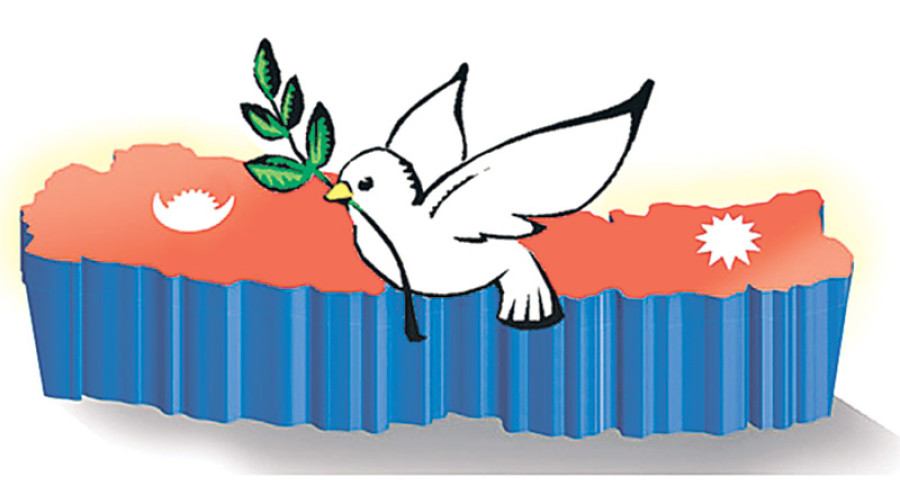National
TRC starts talks with victims
Three years after its formation, the Truth and Reconciliation Commission has started talks with victims of the conflict and human rights activists on a reparation policy.
Three years after its formation, the Truth and Reconciliation Commission has started talks with victims of the conflict and human rights activists on a reparation policy.
The commission is holding consultations at seven places in each province and the final one in the Capital. TRC members are taking the lead in consultation. Reparation is one of the important aspects of transitional justice. Reparation means offering payment or other assistance given to victims.
Though the families of the victims killed and disappeared in the decade long insurgency have received cash support of Rs1 million, no other reparation has been given to them.
Manchala Jha, a member of the Commission told the Post that reports from all provinces will be submitted on March 24 based on which the reparation policy will be finalised.
The TRC two years ago had formed a committee led by Madhavi Bhatta to set up the reparation policy. It has not yet finalised it. The committee had recommended 18 types of reparation schemes.
Issuing identity cards to the conflict victims, short- and long-term livelihood programmes, rehabilitation of the displaced, employment for the victims, free education for the victims’ children, free health services, and skill and professional training are other recommendations.
Ensuring security and protection of human rights, construction of parks and memorials in the name of victims, setting up museums and naming public infrastructure after victims are other demands. The war-era victims of abduction, maiming, torture, rape and sexual violence, seizure of property, and forced eviction and displacement are eligible for the reparation schemes.
Conflict victims say the reparations should be based on the United Nation’s Basic Principles and Guidelines on the Right to a Remedy and Reparation for Victims adopted in 2005.




 9.6°C Kathmandu
9.6°C Kathmandu













